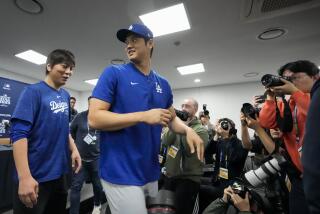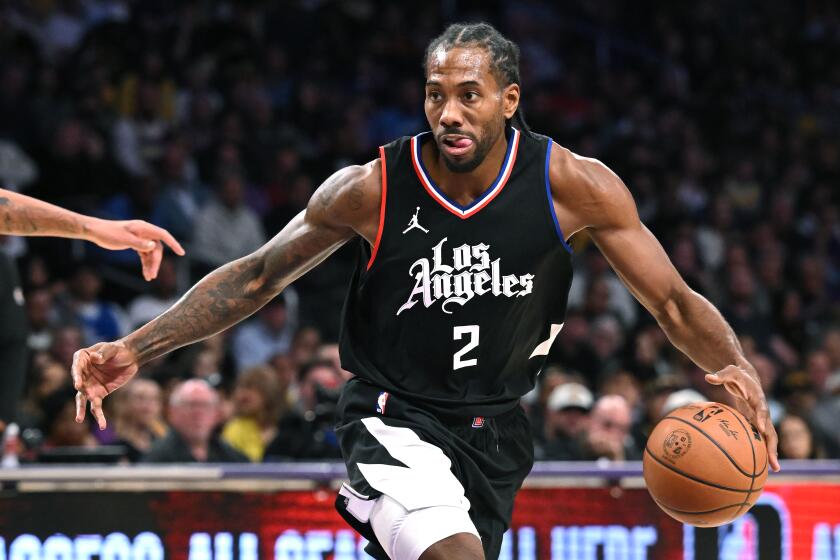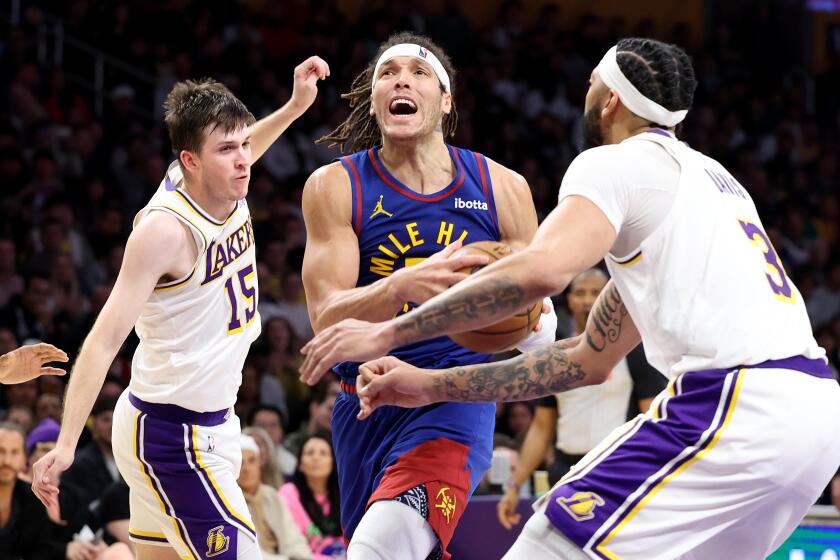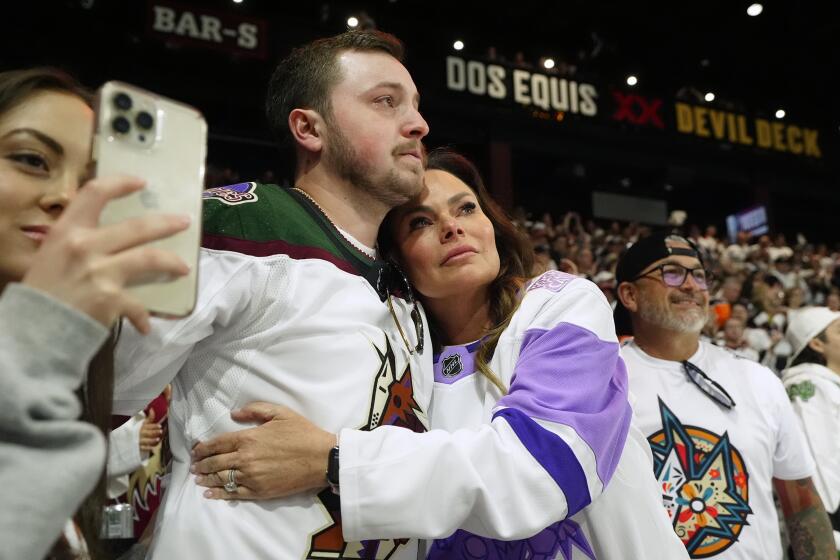Baseball organizations see the numbers, turn blind eye to drug cheats
The saddest part of another syringe-spitting afternoon in baseball Monday occurred when, for one of the first times this summer, Alex Rodriguez spoke the truth.
He had just been hit with a drug suspension bigger than Barry Bonds’ neck, a record 211 games that would carry him through next season and probably end his career. Yet he was dragging baseball further through the pill-littered muck by appealing the suspension. In fact, in a bit of breathtaking irony, his injured hip finally healed, he was using the exact day his suspension was announced to make his 2013 debut.
The sadness hit a couple of hours before Rodriguez took the field in Chicago, when he was asked whether, after all this, he thought his New York Yankees actually wanted him back.
He laughed, because he knew what we all know.
“If I’m productive, I think they’ll want me back,” he said.
Of course they will. The powerless Yankees need a big hitter more than baseball needs to make an example of a drug cheat, especially if that hitter has the sort of muscles found in, well, a drug cheat.
The Yankees could have benched Rodriguez. They could have called their lawyers and refused to let him dress. Heck, baseball could have simply banned all of Monday’s 13 announced drug offenders for life instead of simply suspending a dozen of them for 50 games each while giving Rodriguez an extra season for making a much bigger mess.
This column mostly focuses the steroid blame on the players and their union. But, as Rodriguez’s words so deftly reminded, it’s also the fault of the owners.
True steroid punishment will never happen because, despite Commissioner Bud Selig’s fight for his game’s honor and his personal legacy, baseball teams will quietly live with the juicers as long as those teams can benefit from them.
The Texas Rangers were crushed Tuesday to lose leading power hitter Nelson Cruz for the rest of the season, but guess what? He’s already spent four months crushing it for them. His 27 homers and 76 runs batted in led them to a 62-50 record and put them within a few strides of a playoff berth. The Rangers will happily take their chances from here.
It’s the same in Detroit, where the Tigers lost big-hitting Jhonny Peralta, a shortstop who nonetheless has a higher OPS (.822) than mighty Prince Fielder. They can console themselves with the fact that Peralta helped them to a three-game lead in the American League Central.
One of the little-known side effects of steroid use is that it causes your organization to go blind. Team officials really don’t care until you are caught, at which point three months of wow are replaced by 24 hours of tsk.
The San Francisco Giants know about this better than most. After years of painfully enabling Barry Bonds without even one world championship to show for it, they rode Melky Cabrera to a 64-53 record before he was suspended last August. During the next two months, they bounced off that momentum into a World Series championship.
Even the Dodgers of previous administrations have turned their backs and held their breaths. A decade ago, it was common to hear club officials openly speculate about steroids as they watched Eric Gagne take the mound. They knew about it, but they also knew they were forbidden by the collective bargaining agreement to do anything about it, so they enjoyed it while it lasted.
This is why, when it comes to drugs in baseball, Monday’s news is not even close to Game Over. The performance-enhancing drug business will continue to thrive as long as the reward for both the players and teams is much greater than the risk.
This supposedly dark day for Cruz and Peralta is, in reality, the first day of a two-month vacation during which they can get healthy and rested and prepared to pursue new contracts this winter as free agents. This supposedly somber period for the Rangers and Tigers is, in reality, a time to be thankful that steroids have put them in a position to play in the postseason, during which — oh, yeah — their two stars can rejoin them.
As for the Yankees and Rodriguez, it’s actually a day that might have felt like the first pitch in spring. The Yankees have one of their best hitters back, and because of his appeal, Rodriguez has at least one more two-month run at glory.
The day was summed up when Rodriguez came to home plate at U.S. Cellular Field to bat in the second inning against the Chicago White Sox. Initially, he was surrounded with boos, then he dropped a bloop single into left field.
Rodriguez clapped. His teammates clapped. A guy in a Yankees jersey turned his back to the field in apparent disgust, threw up his hands, then also clapped.
Twitter: @BillPlaschke
More to Read
Get our high school sports newsletter
Prep Rally is devoted to the SoCal high school sports experience, bringing you scores, stories and a behind-the-scenes look at what makes prep sports so popular.
You may occasionally receive promotional content from the Los Angeles Times.







